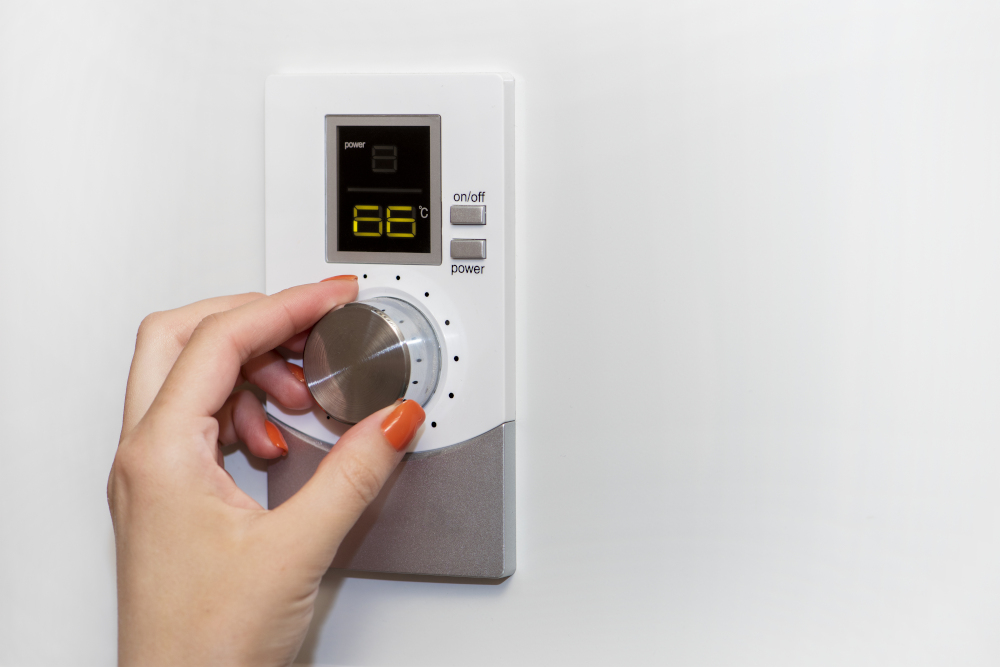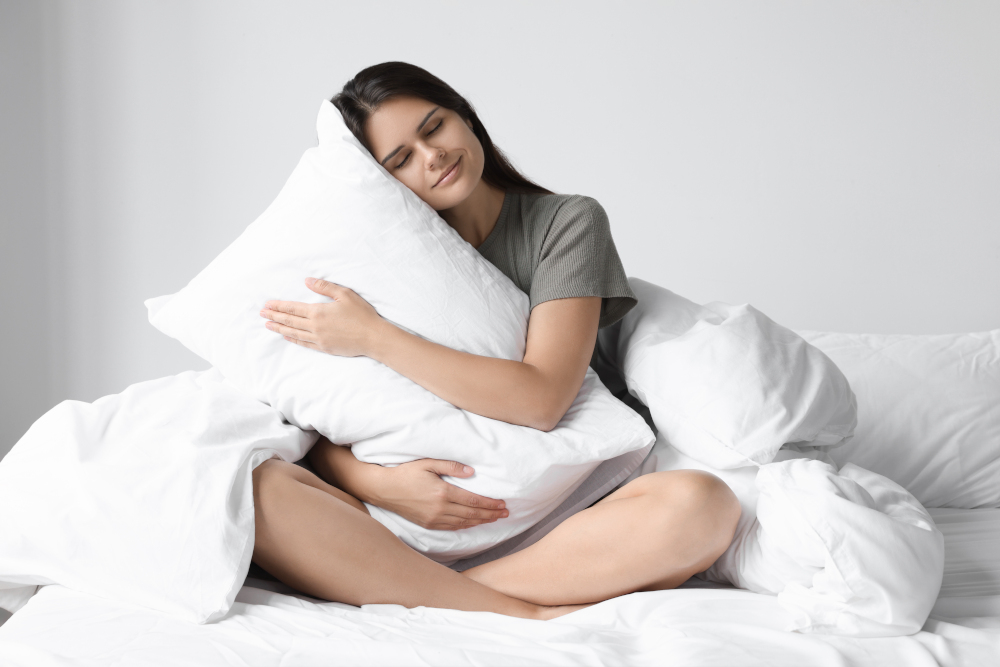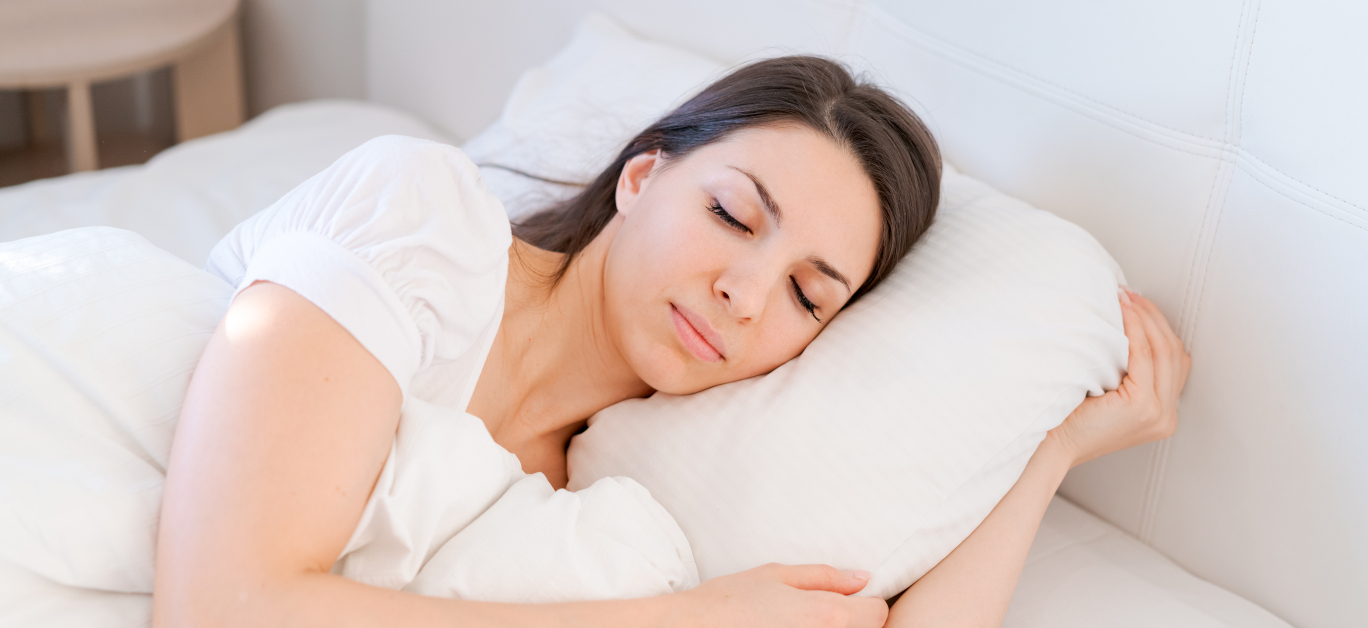In today’s world, the constant demands of smartphones, social lives and work have meant that for some of us, sleep has become something of a luxury, and getting those all-important eight hours in seven nights a week can feel like a goal we’re never quite able to achieve.
Even though some see the fact they are able to get by on little sleep as something to be proud of, the truth is, insufficient shut-eye can prove detrimental to your mental, physical and emotional health, leaving you feeling fatigued, low on energy and battling with low mood.
In springtime, sleep issues often rise to the surface, as the change in season can affect the quality of your sleep even if you were finally doing well over the winter months. So, to prevent them from getting in the way of that much-needed rest, it’s wise to get ahead of them so that you can put some measures in place now to ensure you continue drifting off with ease.
Here are five ways spring can adversely affect your sleep quality, and what you can do about them.
Transition to British Summer Time

With the clocks set to go forward on March 26, the time change can wreak havoc with your sleep schedule, so to ease yourself into British Summer Time, make gradual tweaks to your sleep and wake times in 15-minute increments.
Start going to bed and setting your morning alarm for a quarter of an hour earlier for four consecutive days ahead of the time change, and by the time it happens, you’ll already have adapted, which should, in turn, reduce its impact on your sleep quality and how easily you drop off when it’s time for lights out.
Get your room temperature right

As temperatures begin to rise, you might be able to find your current bedding too heavy and hot for the springtime, so invest in a lighter-weight duvet and change it as soon as it feels warm enough to do so. When your body temperature rises too much it can make it difficult to fall asleep and to stay asleep for the full eight hours, resulting in a disrupted and unrefreshing night’s rest, so change your winter sleepwear for a lighter alternative, and open the windows as and when needed to allow the air to circulate.
Sleep with a pillow between your knees

Although not season specific, it’s also important to get your sleep position right, so ensure your pillows offer sufficient support to your spine and that your mattress is just the right firmness.
If you suffer from back pain, try sleeping with a pillow between your knees, as this can help to relieve pressure on the hips and improve your sleep posture and alignment. Many people find that sleeping with a pillow between their knees makes a huge amount of difference to their sleep quality because it keeps them comfortable and prevents tossing and turning during the night, thus resulting in a more restful eight hours.
Address allergies

Pollen and other allergens can prove challenging for allergy sufferers during springtime as new-season flowers come into bloom, and coughing, sneezing and runny eyes are a sure-fire way to ruin what would otherwise be a great night’s sleep.
If you’re affected by allergies then take preventative measures to minimise their impact – keep your windows closed at night and opt for a fan instead to keep the air circulating when needed, and take antihistamines if you need them. Dust is another key allergen, so keep your house clean, vacuumed and dusted to keep it to a minimum – as well as other common aggravators like mould and pet hair.
Get plenty of sunlight

If you’re an early riser and need to get to sleep early, then investing in some black out blinds can be a game changer during those long, light evenings – although they can also make it a little harder to wake up in the morning!
To regulate your circadian rhythm, be sure to get outside and make the most of the sunshine – a lunchtime walk is a great way to get some vitamin D and set your body clock to the new season, but if you can get out there first thing, then even better. If possible, position your desk near a window to ensure you get maximum sunlight throughout the day.






















